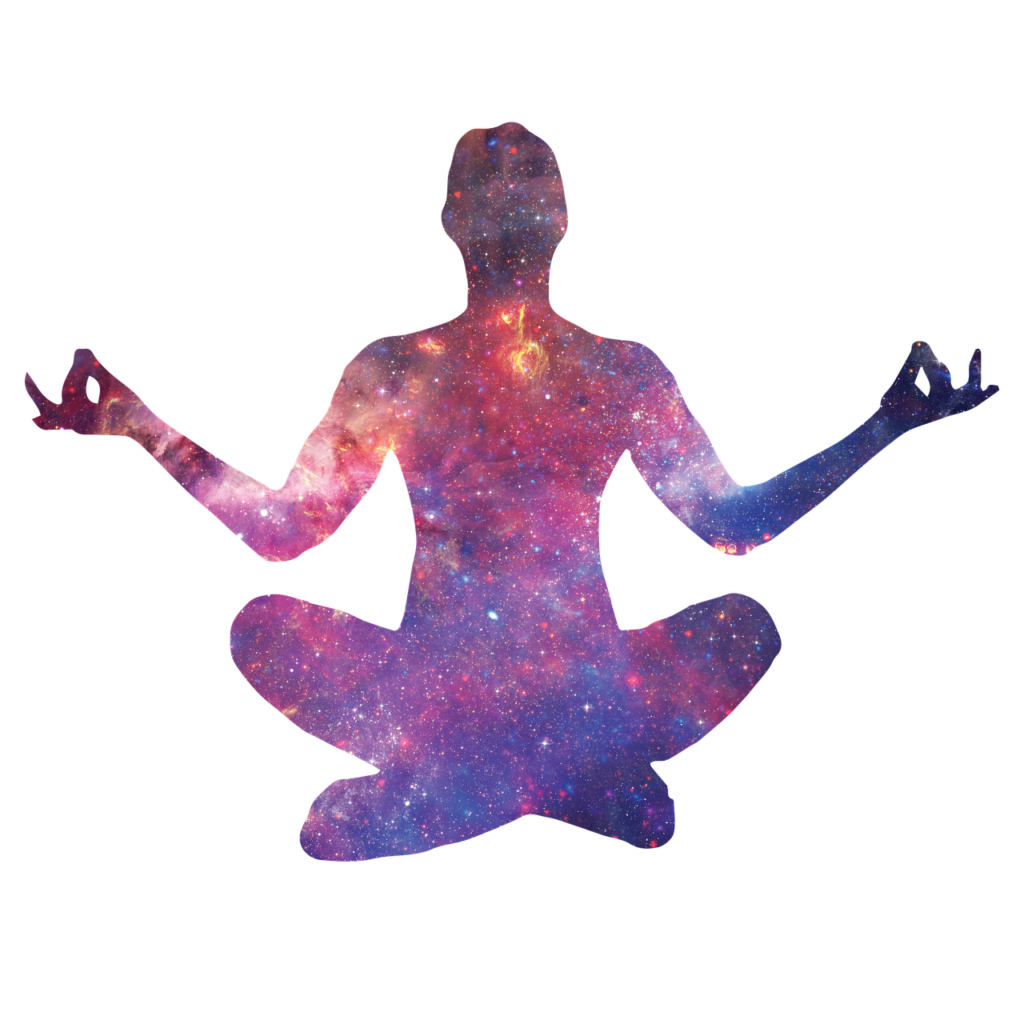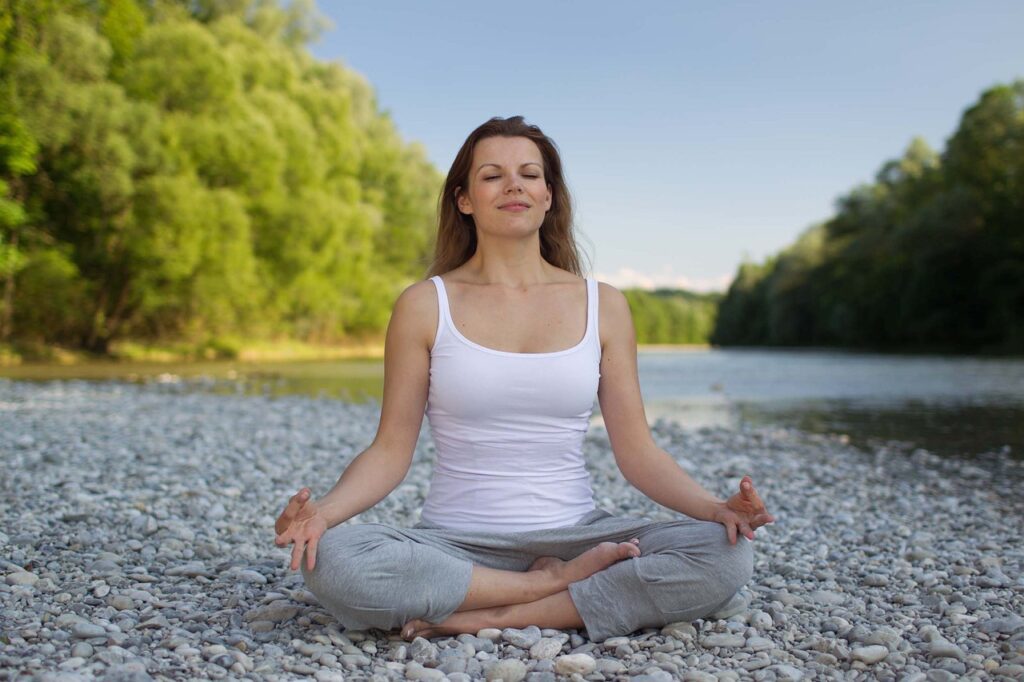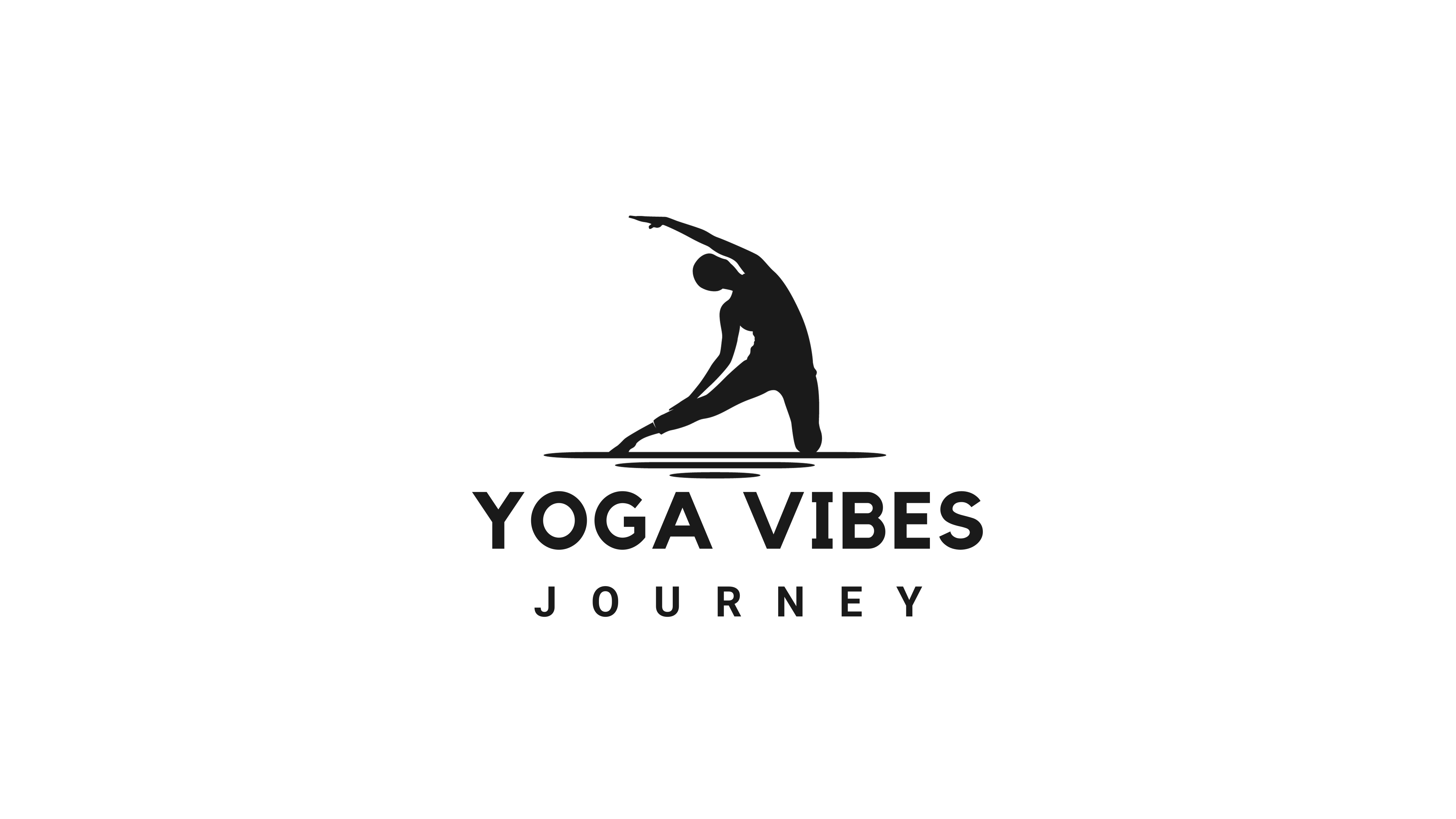Did you know that there are several common misconceptions about yoga? Many people believe that it is only for the flexible, but yoga is actually accessible to people of all fitness levels. Another misconception is that yoga is purely a physical practice, when in reality, it is a holistic system that incorporates mental, emotional, and spiritual well-being. Additionally, some people think that yoga is only for women, but men can benefit greatly from practicing yoga as well. Let’s explore these misconceptions and uncover the truth about yoga together.
Yoga is only for flexible people
Practicing yoga does not require extreme flexibility
One of the most common misconceptions about yoga is that it is only for people who are already flexible. The truth is, you don’t need to be able to touch your toes or do a perfect split to start practicing yoga. Yoga is a journey, and everyone starts from their own individual point of flexibility. As you continue to practice, you will gradually increase your range of motion and flexibility.
Yoga can help improve flexibility over time
In fact, practicing yoga regularly can greatly improve your flexibility over time. Yoga poses and stretches help to lengthen and strengthen the muscles, allowing for increased flexibility. Through consistent practice, you may find yourself gradually achieving poses that once seemed impossible. Yoga is a wonderful way to improve your flexibility, no matter what level you start at.
Yoga is a religious practice
Yoga is a holistic practice that focuses on mind-body-spirit connection
While yoga does have roots in ancient Indian philosophy and is deeply intertwined with spirituality, it is not a religious practice in itself. Yoga is a holistic practice that seeks to connect the mind, body, and spirit. It is a way to achieve balance and inner peace, regardless of one’s religious beliefs or spiritual background. By practicing yoga, you can tap into a deeper awareness of yourself and cultivate a sense of well-being.
Yoga can be practiced by individuals of any religious or spiritual belief
One of the beautiful aspects of yoga is its inclusivity. Yoga does not discriminate based on religious or spiritual beliefs. It is a practice that can be enjoyed by individuals of all backgrounds, whether you follow a specific religion, have a spiritual belief, or simply consider yourself to be a secular practitioner. Yoga is about embracing your own unique journey and finding unity within yourself, regardless of your beliefs.

Yoga is only for women
Yoga is for people of all genders
Yoga is a practice that is accessible and beneficial for people of all genders. While it is true that yoga classes may often be dominated by women, this should not be taken as an indication that yoga is only for women. Men can also enjoy the physical, mental, and spiritual benefits of yoga. In recent years, many male athletes and celebrities have incorporated yoga into their fitness routines, recognizing its value in improving flexibility, strength, and overall well-being.
Many male athletes and celebrities practice yoga
From professional athletes to Hollywood stars, there are a plethora of men from all walks of life who practice yoga. This further emphasizes the fact that yoga is not exclusive to any gender. Whether you are a man or a woman, yoga can help you achieve a healthier and more balanced lifestyle.
Yoga is only about physical exercise
Yoga is a holistic practice that includes physical, mental, and spiritual aspects
While physical exercise is certainly an important aspect of yoga, it is far from being the only focus. Yoga is a holistic practice that encompasses physical exercise, breath control, meditation, and spiritual exploration. By practicing yoga, you not only work on strengthening and stretching your body, but also on calming your mind, finding inner peace, and cultivating a deep connection with yourself.
Physical exercise is just one component of yoga
Physical exercise is just the tip of the iceberg when it comes to yoga. As you progress in your practice, you will discover that yoga offers a wide range of practices and techniques that go beyond physicality. Pranayama, the practice of breath control, helps to quiet the mind and bring about a state of relaxation. Meditation allows you to connect with your inner self on a deeper level. Yoga is truly a multidimensional practice that nourishes the body, mind, and spirit.

Yoga is easy and not a workout
Yoga can be physically demanding and challenging
While yoga does offer many benefits for people of all fitness levels, it is far from an “easy” or non-challenging workout. Depending on the style and intensity of the practice, yoga can be physically demanding, requiring strength, balance, and flexibility. Holding poses for an extended period of time can build endurance and engage muscles in ways that you may not have experienced before. Yoga challenges both the body and the mind, providing a full-body workout that strengthens and tones muscles.
Yoga can build strength, flexibility, and endurance
Through regular practice, yoga can help you build strength, increase flexibility, and improve endurance. As you flow through different poses and sequences, you engage a variety of muscle groups, toning and strengthening them over time. The combination of strength and flexibility in yoga can help prevent injuries and improve overall physical performance. Don’t be fooled by the serene and peaceful appearance of a yoga practice – it can be a powerful workout that leaves you feeling energized and invigorated.
Yoga is expensive
Yoga can be practiced without any cost
Contrary to popular belief, yoga does not have to be an expensive endeavor. In fact, there are numerous ways to practice yoga without spending a dime. Online resources, such as YouTube channels and websites, offer a wide variety of free yoga classes and tutorials that you can follow along with in the comfort of your own home. Additionally, many communities offer free or donation-based yoga classes in local parks or community centers. Yoga is for everyone, regardless of their financial situation.
There are affordable yoga classes and resources available
If you prefer practicing in a studio setting, there are affordable options available as well. Many yoga studios offer introductory packages or discounted rates for newcomers. Furthermore, some studios offer community classes or have sliding scale payment options to make yoga more accessible for all. It is important to remember that the cost of practicing yoga is not a barrier to entry – with a little research, you can find affordable classes that fit within your budget.

Yoga requires expensive equipment
Yoga can be practiced with minimal equipment
Contrary to what some may believe, you don’t need a plethora of expensive equipment to practice yoga. In fact, the only essential piece of equipment for practicing yoga is a yoga mat. A yoga mat provides cushioning and grip, allowing you to safely and comfortably practice various poses. While there are additional props that can enhance your practice, such as blocks, straps, and bolsters, they are not necessary for beginners. Most yoga studios provide these props for their students to use during classes, so there’s no need to invest in them right away.
A yoga mat is the only essential equipment
If you are practicing at home, a yoga mat is the only piece of equipment you truly need. There are also budget-friendly options available, making it even more accessible for those on a tight budget. As you progress in your practice, you may find it beneficial to incorporate additional props, but they are by no means mandatory. Yoga is about connecting with your body, breath, and mind – not about the equipment you use.
Yoga is only about meditation and relaxation
Yoga encompasses a wide range of practices including meditation and relaxation
While meditation and relaxation are important aspects of yoga, they are not the only focus. Yoga is a diverse practice that encompasses a wide range of practices, including dynamic movements and physical poses. These movements and poses, known as asanas, help to build strength, flexibility, and body awareness. They also help to quiet the mind and prepare the body for meditation and relaxation. Yoga is a well-rounded practice that caters to different needs and preferences.
Yoga can also involve dynamic movements and physical poses
Yoga can be as dynamic or gentle as you want it to be. Some styles of yoga, such as Vinyasa or Power Yoga, involve flowing movements and sequences that challenge and strengthen the body. Other styles, such as Hatha or Yin Yoga, focus on holding poses for a longer period of time, allowing for a deep stretch and relaxation. Whether you prefer a more active practice or a restorative one, yoga has something to offer for everyone.
Yoga is for young and fit people
Yoga is for individuals of all ages and fitness levels
Yoga is a practice that can be enjoyed by individuals of all ages and fitness levels. You don’t have to be young or extremely fit to practice yoga. In fact, yoga can be modified and adapted to suit different abilities. Whether you are a beginner, have limited mobility, or are in your golden years, there are yoga classes and poses that can be tailored to your specific needs. Yoga is a practice that meets you where you are and helps you progress at your own pace.
Adaptations and modifications can be made to suit different abilities
Yoga instructors are trained to provide modifications and adaptations to meet the needs of all participants. If a particular pose feels inaccessible or too challenging, instructors can offer alternative poses or the use of props to make the practice more accessible. Yoga is not a one-size-fits-all practice, and there is always a way to modify poses to suit your body and abilities. With a supportive and knowledgeable instructor, you can confidently practice yoga, regardless of your age or fitness level.
Yoga is time-consuming
Yoga can be practiced in short durations
One of the reasons people may shy away from yoga is the misconception that it requires a significant amount of time. However, yoga can be practiced in short durations and still yield benefits. Even just a few minutes of yoga each day can have a profound impact on your physical and mental well-being. Whether it’s a quick morning flow or a gentle wind-down practice before bed, incorporating short bursts of yoga into your day is a great way to experience the benefits of this ancient practice.
Even a few minutes of yoga can have benefits
The beauty of yoga is that it can be tailored to fit your schedule. While longer practice sessions can be wonderful when time allows, even a few minutes of yoga can provide benefits. Whether it’s taking a moment to focus on your breath, stretching out your body, or practicing a short meditation, these small acts of self-care can make a big difference in how you feel. Remember, the goal of yoga is not to add more stress or pressure to your life, but rather to provide a space for relaxation, rejuvenation, and self-exploration.
By dispelling these common misconceptions, it becomes clear that yoga is a practice that can be embraced by anyone, regardless of their age, gender, flexibility, or religious beliefs. Yoga offers a multitude of benefits, from improved physical health and increased flexibility, to reduced stress and a greater sense of self-awareness. So, regardless of what you may have heard or believed in the past, don’t be afraid to give yoga a try. You might just surprise yourself with how much you enjoy it and how it enriches your life.
